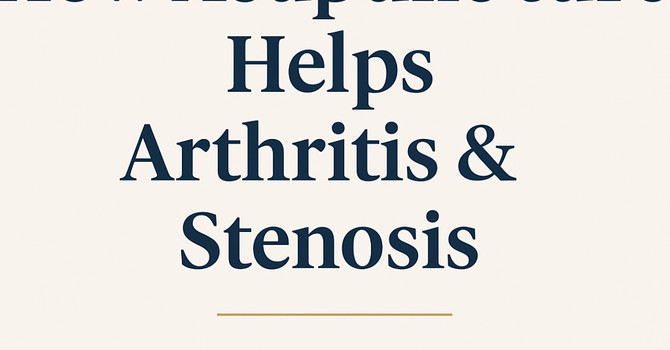Caffeine is a big part of all of our lives, whether you are an avid coffee consumer or a staunch caffeine avoider, this article will help illuminate the differences between different common sources of caffeine.
We’ll also also discuss the side effects of caffeine consumption and how lifestyle factors such as smoking and alcohol use can interact with caffeine in the body.
So what are the benefits?
Caffeine can have many benefits in our day to day lives, such as a boost of energy to start our mornings’, but did you know that caffeine intake is also shown to help with things such as weight management, diabetes, gallstone & liver disease risk reduction, and asthma support.
When it comes to how caffeine interacts with our metabolism, studies have shown that a daily caffeine intake on the moderate to high end could potentially expedite weight loss by satiating appetite and speeding up the metabolic process which can also help guard against any weight regain in the future.
Similarly to the medication prescribed to treat asthma, caffeine can have a soothing effect on the lungs and help open the airways to allow for easier breathing. This has even been used to treat breathing issues in children and infants.
Lastly, caffeine has been shown to help reduce the risk of type 2 diabetes, liver disease and gallstone production respectively.
Are there any drawbacks to caffeine consumption?
All of the benefits of caffeine can be enticing, but it is important to consider the ways in which it could pose potential health risks and what populations are more sensitive to the impact of caffeine on the brain and body.
Caffeine intake should be reduced and if possible avoided in pregnancy as it can cross the blood brain barrier to the fetus, and is associated with possible birth defects and miscarriages.
Although not correlated with stroke or cardiovascular disease, caffeine intake does temporarily increase our blood pressure and in high doses can cause heart palpitations.
Caffeine has been shown to have a more intense effect on individuals sensitive to overstimulation and anxiety and should be avoided, particularly in high doses. Caffeine also has a severely decreased half-life when paired with alcohol consumption and nicotine use which can increase ones’ dependency and daily intake.
Finally, it is important to consider your relationship to sleep when choosing to consume caffeine and if a reduction in intake or more time in between consumption and bedtime would help improve sleep health.
How much is too much?
Although tolerance differs from person to person and is dependent on many factors such as smoking, daily intake amounts, and neurological differences such as ADHD. However it is generally agreed upon that the safe daily limit for consumption is around 400 mg per day which is roughly four brewed cups of coffee worth of caffeine. Caffeine toxicity can occur at around 1 g a day and effects can consist of heart palpitations, tremors, and vomiting. Caffeine fatalities occur at around the 10-14 g range, and generally occur from caffeine pill intake as it is highly difficult to reach these amounts by drinking coffee or energy drinks, even in excess.
Do different sources of caffeine have different effects?
While caffeine is the same active compound across all sources and as such is metabolized the same no matter the source, many sources of caffeine such as coffee and tea have other active compounds that can create a different experience when broken down in the body.
Coffee for example has other active compounds such as chlorogenic acid (CGA), trigonelline, diterpenes, which have been shown to have cancer fighting and antioxidant properties.
Caffeinated teas’ such as green or black tea come from the Camellia Sinensis plant and are aged and roasted according to desired flavor profile and caffeine strength. The main active and bioavailable components found in tea are amino acids, alkaloids, and terpenoids which have been found to demonstrate “anti-obesity properties, cardiovascular protection, immune regulation, and control of the intestinal microbiota” in studies presented in the Journal of Advanced Research.
Energy drinks and caffeine pills are highly processed and stripped of any of these additional compounds. Additionally they are loaded with processed sugar or sugar alternatives that have been shown to cause inflammation and an increased risk of heart disease.
Works Cited
“Caffeine.” The Nutrition Source, 30 July 2020, nutritionsource.hsph.harvard.edu/caffeine/#:~:text=In%20fact%2C%20cohort%20studies
Accessed 18 Sep. 2024.
Luo, Qiaoxian, et al. “Biological Potential and Mechanisms of Tea’s Bioactive Compounds: An
Updated Review.” Journal of Advanced Research, 5 Dec. 2023, www.sciencedirect.com/science/article/pii/S2090123223003788, https://doi.org/10.1016/j.jare.2023.12.004.
Markos Makiso Urugo, et al. “Bioactive Compounds in Coffee and Their Role in Lowering the Risk of Major Public Health Consequences: A Review.” Food Science and Nutrition, 22
Nov. 2023, https://doi.org/10.1002/fsn3.3848.
Ted Ray
Contact Me


